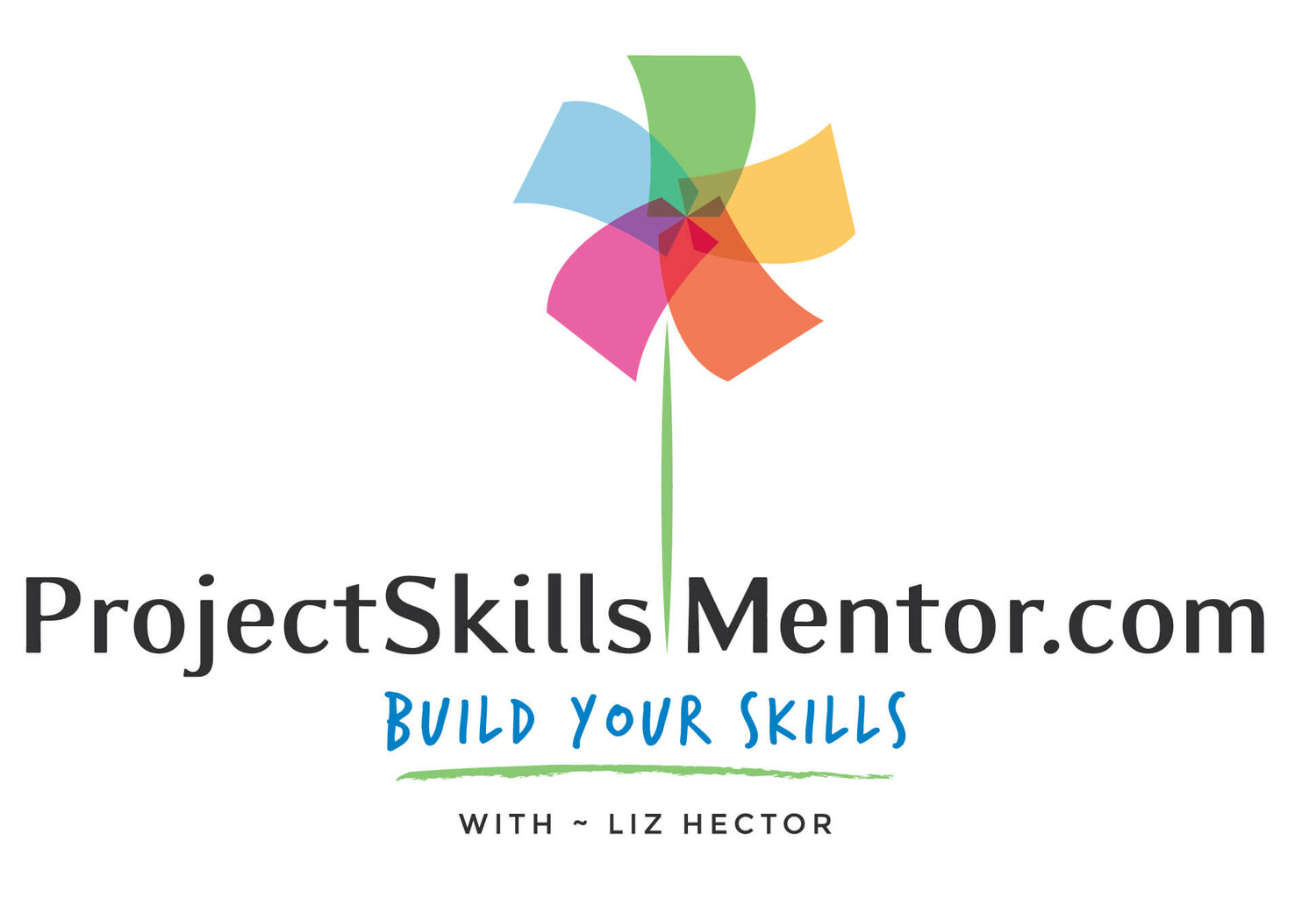Why Mentors need to focus on Equality and Equity
Why should mentors care about equity and equality? We know that these principles make teams higher performing. But there are other benefits. Many people choose to mentor as a way of giving back or to help others. Mentors can do more than just help their mentees navigate business and career choices. Mentors can be an agent of change. Consider how you can positively influence people's lives by focusing on making a fairer world.
Successful mentors consider equity and equality in providing fair and appropriate guidance to their mentees.
Show your mentee they should expect fairness
Build trust with your mentee
Create a more just workplace
Taking time to understand their mentees' unique backgrounds and challenges helps mentors provide tailored support to mentees. When mentors go this extra mile, they help their mentees level the playing field and ensure that all have an equal opportunity to succeed, regardless of socio-economic status, race, gender, or other characteristics. Additionally, considering equity and equality can help mentors to build trust and rapport with their mentees and create a more inclusive and supportive mentoring relationship.
Equality vs. Equity
Equality refers to treating everyone the same way regardless of their differences, such as race, gender, socio-economic status, etc. This approach assumes that everyone has the same needs and faces the same obstacles. By giving everyone the same resources and opportunities outcomes will be more equal for all.
For example, suppose two students of different socio-economic backgrounds are given the same amount of funding for their education. In that case, it might not necessarily lead to the same outcomes because the student from a disadvantaged background might need more support.
The fact is, gender is one of the aspects of the workforce that remains the most unequal in every country today. While women are half the population and workforce in many regions. They are underpaid and under promoted even when better educated and with higher performance ratings.
“Jobs that are unconsciously coded male have more prestige and pay than coded female jobs. A series of studies have shown just how tightly gender, prestige, and pay are tangled. Researchers have found that the pay gap is more complex than women being pushed into lower-paying jobs. It is the reverse: Certain jobs pay less because women take them. ”
While equality is still a goal we have yet to reach, the world’s workforce struggles even more with Equity. Equity refers to the idea of providing individuals with the resources and opportunities they need to overcome obstacles and achieve their goals, even if it means providing different levels of support based on their unique circumstances. This approach recognizes that everyone has different needs and faces different challenges, so providing equal resources or opportunities might not be enough to achieve fairness.
For example, suppose two students of different socio-economic backgrounds are given different amounts of funding for their education based on their needs. In that case, it leads to more equitable outcomes because students from disadvantaged backgrounds may need more support to overcome their barriers.
While equality focuses on treating everyone equally, equity focuses on treating everyone fairly by acknowledging and addressing their unique needs and circumstances.
Each mentor's goal is to help mentees achieve their best outcomes. Many mentorships use a Roadmap to focus on reaching the mentee's objectives. When creating the roadmap, ask about how equity and equality have been considered. Experienced mentors know that focusing on both will increase their mentee's outcomes.
If you are mentoring a manager or leader, discuss equality and equity. While it may not be a question your mentee has considered, it can help them become a better employee, co-worker and boss.
How Mentors can make a Difference
What can a mentor do to improve the impact on their mentee’s long-term success and change the office landscape? Consider these 8 points:
1. Show leadership when discussing Equality
In addition to being the right thing to do, promoting equity can have tangible benefits for a manager's career and the company's success. Research has shown that diverse and inclusive teams tend to perform better and be more innovative as they include a wider range of perspectives and ideas. They are also more likely to attract and retain top talent, as employees are likelier to stay with a company where they feel valued and supported.
2. Increase the awareness of Equity
Equity is important to a manager's career and growth because it ensures fairness, inclusivity, and diversity in the workplace. As a manager, you are responsible for creating an environment where every employee has equal opportunities to succeed and contribute to the company's goals. Promoting equity removes biases or barriers that may prevent certain groups of people from reaching their full potential. Furthermore, promoting equity can help create a positive reputation for the company, leading to increased business opportunities and customer loyalty.
3. Advocate for Empathy
Empathy is an essential ingredient for creating an equitable workplace. Empathy is defined as the ability to understand and share the feelings of others, and responding accordingly. Emotional Intelligence (EI), which includes empathy, is key to long term success. As a mentor, you play a crucial role in helping your mentees develop empathy and cultivate a more equitable workplace. This makes the mentees chances of EI growth and the corresponding success as a person more likely.
“Emotional intelligence accounts for nearly 90% of what sets high performers apart from peers with similar technical skills and knowledge.”
One of the most effective ways to teach empathy is to model it yourself. As a mentor, you can demonstrate empathy by actively listening to your mentee, acknowledging their emotions, and responding in a supportive and compassionate way. When you model empathy, you create a safe and supportive environment that encourages your mentee to open up and share their thoughts and feelings. This can help build trust and rapport, essential for a successful mentor-mentee relationship.
4. Encourage Active Listening
Encourage your mentee to practice active listening by asking open-ended questions, paraphrasing what they've said, and reflecting on their emotions. This can help your mentee understand the perspectives and experiences of others and develop a greater sense of empathy. Encourage them to listen not just to what is said but also to what is not said. Often, what someone doesn't say is just as important as what they do say.
5. Promote Diversity and Inclusion
As a mentor, you can help your mentee understand the importance of diversity and inclusion in the workplace. Encourage them to seek opportunities to work with people from different backgrounds, cultures, and perspectives. This can help them develop a more expansive worldview and greater empathy for others. You can also encourage your mentee to challenge their biases and assumptions and consider the perspectives of others who may have had different life experiences.
6. Provide Feedback
Feedback is a critical component of the mentor-mentee relationship. As a mentor, it's your responsibility to provide your mentee with constructive feedback that helps them grow and develop. When giving feedback, be specific and objective, and focus on behavior rather than personality. Encourage your mentee to view feedback as an opportunity for growth and improvement rather than criticism. This can help them develop a growth mindset and greater empathy for others.
7. Help Your Mentee Set Goals
Setting goals is an important part of the mentoring process. Help your mentee set specific, measurable, achievable, relevant, and time-bound goals. Encourage them to set goals focusing on developing empathy and emotional intelligence. This can help them stay focused and motivated, and it can also help them develop a greater sense of purpose and direction.
8.Create Opportunities for Reflection
Reflection is an essential part of the learning process. As a mentor, you can help your mentee reflect on their experiences and develop a deeper understanding of themselves and others. Encourage your mentee to journal, meditate, or participate in other reflective activities that help them process their thoughts and emotions. This can help them develop a greater sense of self-awareness and empathy for others.
In conclusion, mentoring is a powerful tool for increasing empathy and promoting work equity. By modeling empathy, encouraging active listening, and promoting diversity and inclusion, Mentors can impact their mentees' lives and improve the workplace for everyone.
Want to get started with mentoring or improve your mentoring by using a proven approach? Get the interactive Mentorship Workbook.
If you want to know more about creating a high-performing team, watch this video playlist.



